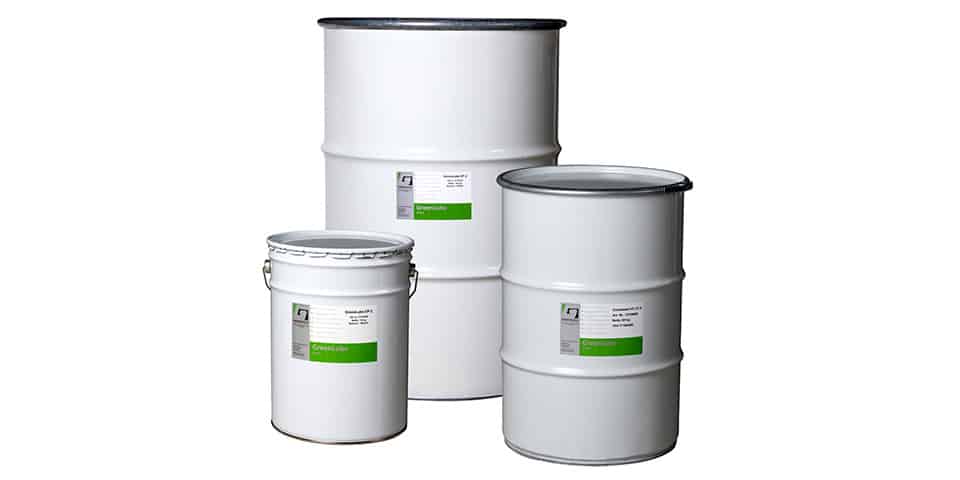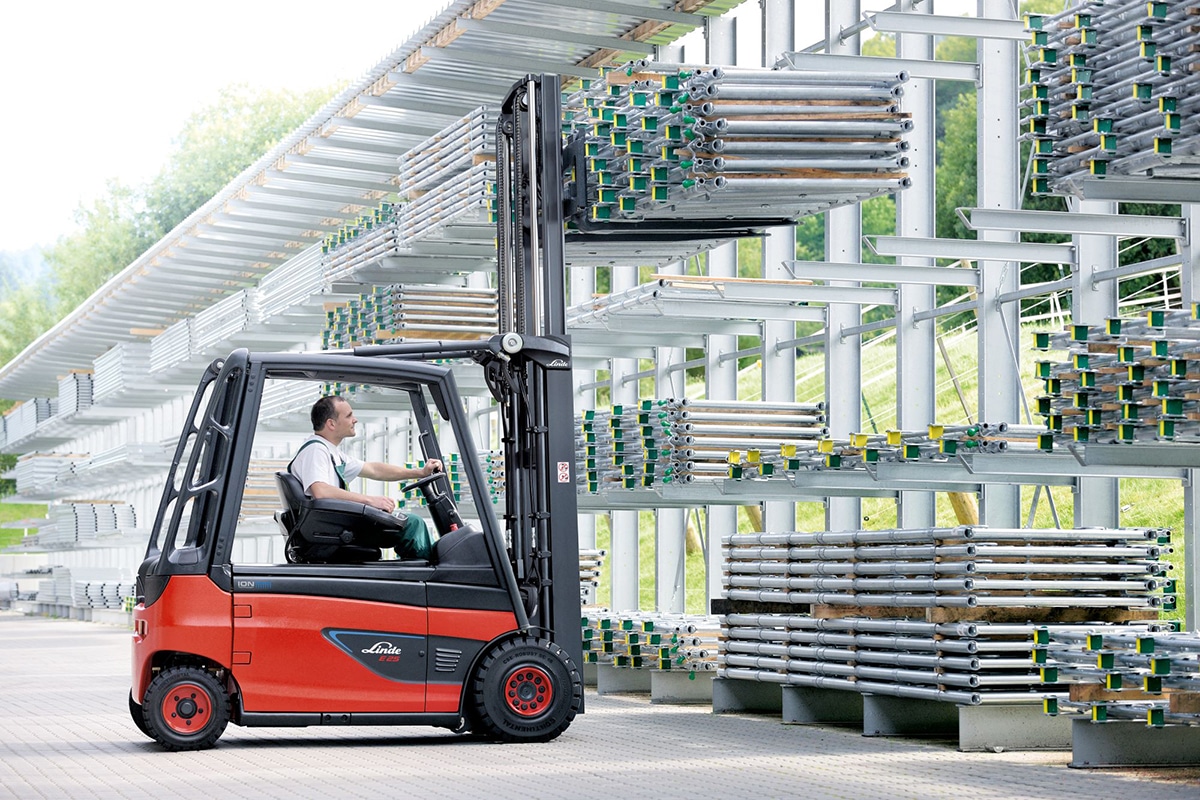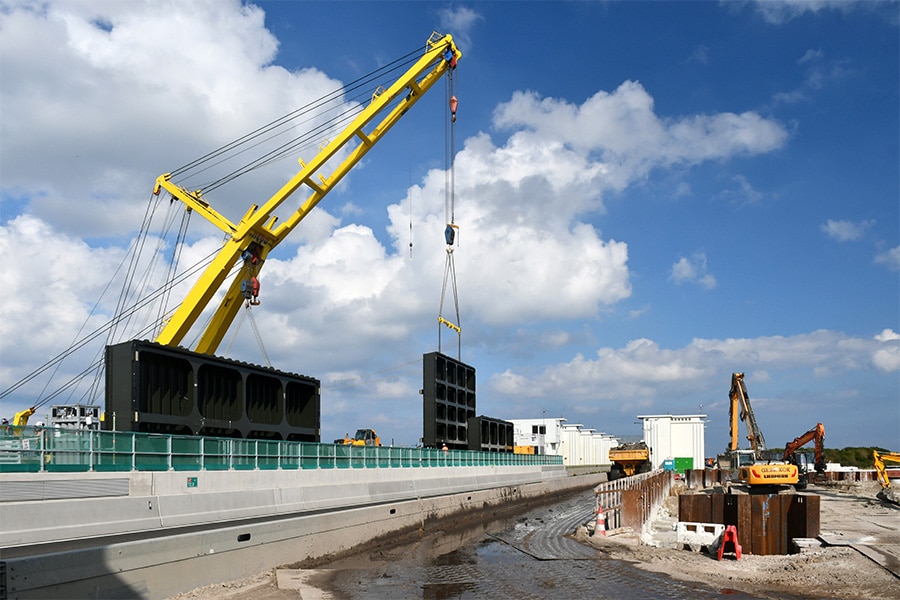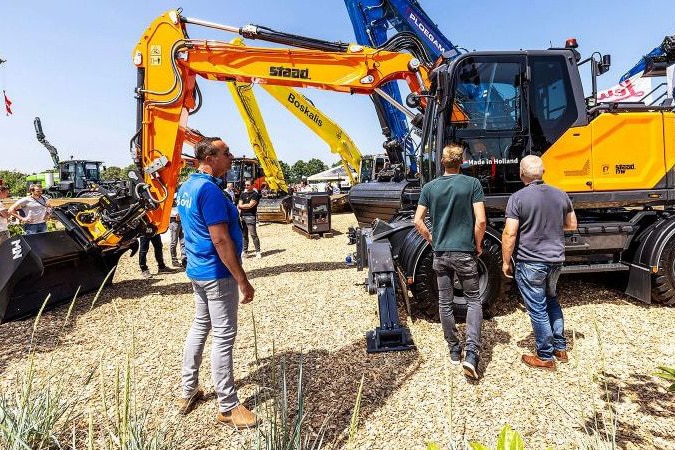
High quality lubricating greases for each specific application
In GWW, machines and tools are quite often exposed to harsh working and weather conditions. As a result, they get a lot to endure. To ensure lower maintenance costs, better safety and more available machine time, regular lubrication is a must.
Lubricants -oil or grease- enable systems, equipment or tools to operate smoothly. Using the right lubricant, is crucial in this regard and can save time and money. But how do you make the right choice? Groeneveld Lubrication Solutions, supplier of automatic lubrication systems and lubricating greases, is a company that can advise you like no other. The name says it all: they have a suitable solution for every specific application. Says Jolanda Lemmen of Groeneveld Lubrication Solutions: "Our automatic lubrication, oil management and safety systems have become indispensable for manufacturers of machinery in the GWW. But there are various types of lubricants, each with their specific properties, each suitable for a different application. Machine requirements, environmental conditions and desired lubrication properties determine the choice of a specific lubricant."
Grease
Grease is the most commonly used lubricant for bearings, pins, bushings, steering knuckles and slewing rings, among other things, Lemmen says. "Lubricating grease is easy to use and already satisfies the simplest sealing systems. Thanks to our years of experience with various applications, Groeneveld Lubrication Solutions has had a number of grease types developed under its own brand name, GreenLube. These each have a balanced ratio that perfectly suits the application for which it was developed." Lubricating grease, especially when used in automatic grease lubrication systems, must meet a number of important requirements. For example, the grease must be highly homogeneous; this means that oil and soap must not separate, even under high pressure or when it has been in the system for a long time. In addition, the grease must have good pumpability; even under conditions where the grease is pumped through pipes over considerable distances, where it is exposed to widely varying temperatures. Last but not least, the grease must also possess good "lubricating properties. A very important property because a grease must be able to prevent metallic contact and corrosion and seal against contamination and moisture. Especially at the loads occurring in the bearings and under the operating conditions prevailing on site.
Biodegradable fats
Lemmen notes that the demand for biodegradable greases is growing. "Also in the world of civil engineering. To meet that demand, Groeneveld Lubrication Solutions has had biodegradable greases in its range for some time now: an EP-0 and EP-2 grease." These greases are based on biodegradable ester. Ester has the properties of a synthetic oil and the advantages of biodegradability and a good environmental profile. "Groeneveld's bio greases can be used for various applications in forestry, agri and earthmoving machinery," concludes Lemmen.



